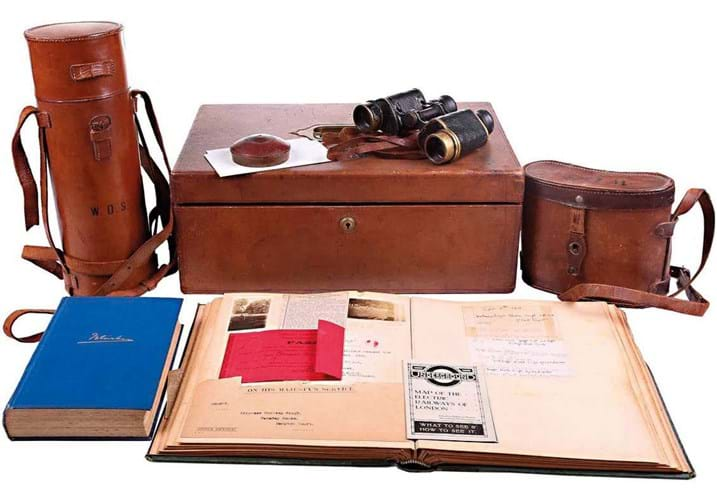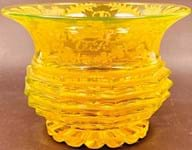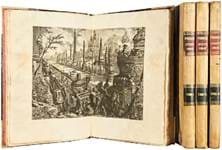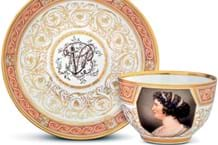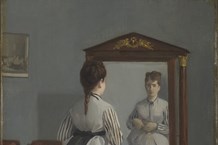It was offered at Maidenhead firm Dawsons (25% buyer’s premium) on May 25, just one day before a blue plaque was unveiled at the former home of the Suffragette Indian princess in south-west London, Faraday House (then part of the Hampton Court Estate).
The hammer price of £10,000 against an estimate of £500-800, via thesaleroom.com, also reflected the huge interest in – and reverence for – the Duleep Singh family among collectors of Sikh historical items, and the appeal of the Suffragette connection.
The daughter of deposed Maharaja of Lahore Duleep Singh, who came to Britain in 1854 and was granted a pension, Sophia was a goddaughter of Queen Victoria. The maharajah was given a country estate and welcomed by the royal family. He died in 1839 and Sophia inherited a fortune.
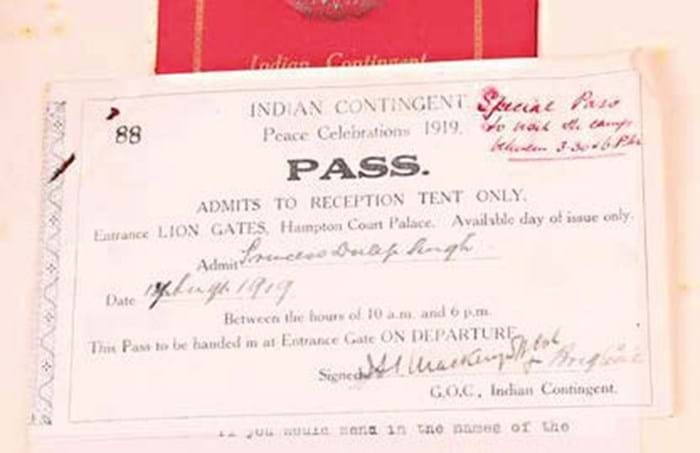
Part of the archive related to Sophia Duleep Singh and family.
She turned her attention to equal rights campaigning with her wealth helping to support protests, and is now well known as a member of the Women’s Social and Political Union (WSPU), the militant group led by Emmeline Pankhurst.
Much of the correspondence in the lot is addressed to Faraday House, where an apartment was given to Sophia in 1896 by Victoria as a grace and favour residence, along with an allowance of £200 a year to maintain it.
Primarily relating to 1800 Sikh soldiers who had set up camp on the golf course near Hampton Court after the First World War, the album also included invitations and passes, and was offered with a brown pigskin document box, with sunken brass handle and applied silver coronet above, the interior rim stamped for Needs & Co, Late J Bramah, 100 New Bond St W. It bore the letters VDS for Victor Duleep Singh, Sophia’s brother.
Also in this lot was a leather cylindrical document case and a pair of Hunsicker & Alexis binoculars in a leather case, each bearing initials WDS, and a volume of the Memoirs of Prince Blücher, first edition, 1932, which bore an inscription from one of the editors, Evelyn Blücher.


